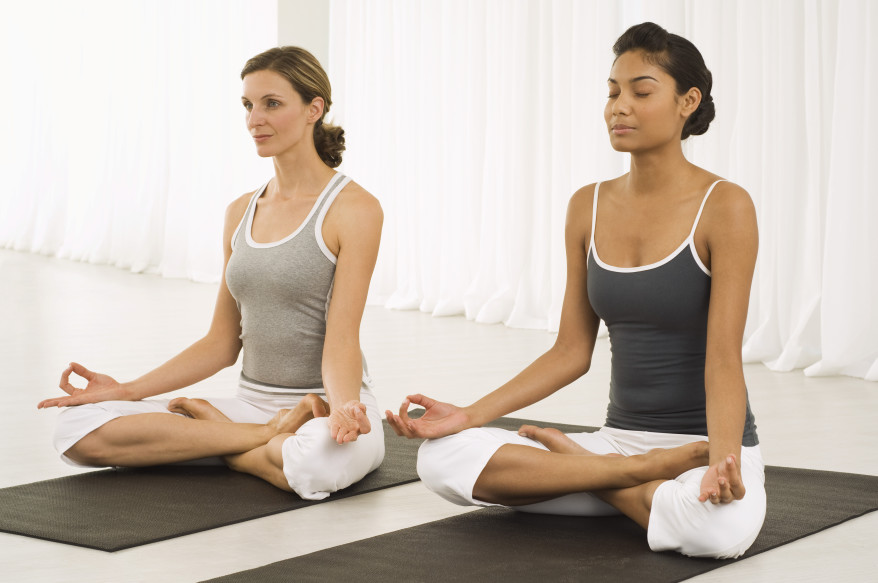Small changes can make a big difference to your health and wellness. If people made the choices to eat better, engage in more physical activity and quit smoking, at least 80% of all heart disease, stroke and type 2 diabetes – and up to 40% of cancer – could be prevented, according to the World Health Organization.
Safety Begins With Taking Care of Yourself
Everyone needs to sleep. A good night’s sleep helps keep your mind and body healthy. How much sleep do you need?
- Most adults need 7 to 8 hours of sleep each night.
- Teens need at least 9 hours of sleep each night.
- School-aged and preschool children need 10 to 12 hours of sleep.
- Newborns sleep between 16 and 18 hours a day.
Small changes to your daily routine can help you get the sleep you need.
- Stay away from drinks and foods with caffeine (such as coffee, tea, soda, or chocolate) late in the day.
- If you drink alcohol, drink only in moderation. Alcohol can keep you from sleeping soundly.
- Don’t eat a big meal close to bedtime.
- Quit smoking. (The nicotine in cigarettes disturbs sleep.)
Set a bedtime routine.
- Go to bed at the same time every night.
- Make sure your bedroom is dark and quiet.
- Avoid eating, talking on the phone, or watching TV in bed.
- If you are still awake after staying in bed for more than 20 minutes, get up. Do something relaxing until you feel sleepy.
Not all stress is bad–but managing ongoing stress can help lower your risk for health problems like obesity, high blood pressure and depression
You can prevent or reduce stress by:
- Planning ahead
- Deciding which tasks need to be done first
- Preparing for stressful events
Some stress is hard to avoid. You can find ways to manage stress by:
- Noticing when you feel stressed
- Taking time to relax
- Getting active and eating healthy
- Talking to friends and family
Reduce your risk and find fall hazards in your workplace and home to prevent injuries and keep others safe round the clock.
6 Ways to Prevent Slips, Trips and Falls
- Good Housekeeping is Key: If housekeeping habits are poor, the result may be a higher number of employee injuries.
- Reduce Wet or Slippery Surfaces: Surfaces can change when weather conditions change and should be monitored for safety.
- Avoid Creating Obstacles in Aisles and Walkways: Work and traffic areas should be clear to avoid these types of hazards.
- Proper Lighting: Use proper lighting in walkways, staircases, ramps, hallways, and dock areas.
- Wear Proper Shoes: The shoes we wear can play a big part in preventing falls. The slickness of the soles and the type of heels worn need can help to avoid slips, trips and falls.
- Pay Attention: It is easy to be distracted with multiple activities which increase the chances of a slip, trip or fall.
